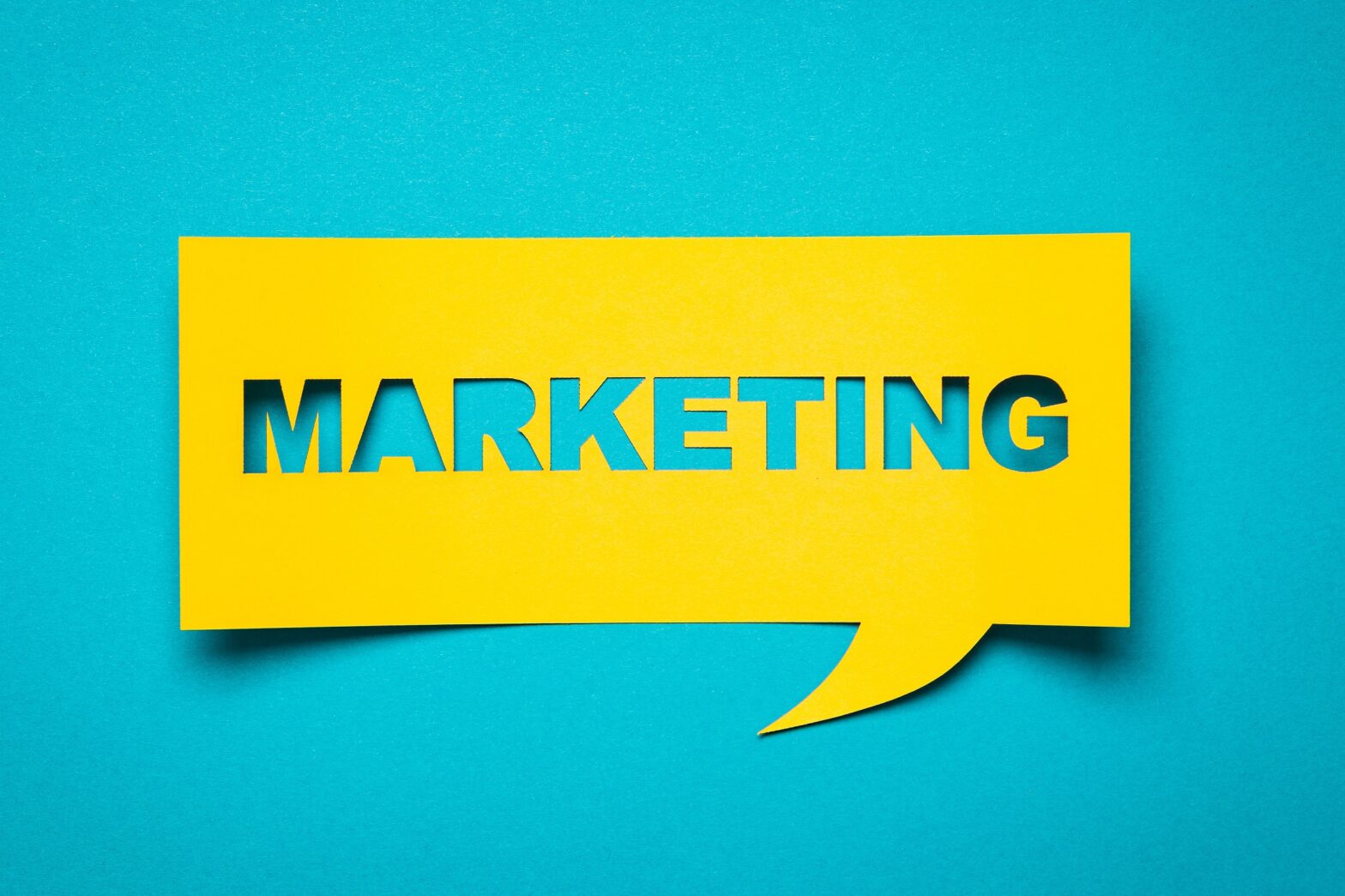The number of SMEs making legal claims to protect their intellectual property (IP) has risen by a huge 68 per cent in just the last year. The rise in IP theft can potentially affect thousands of UK start-ups, however not many of these businesses are aware of intellectual property, its value and how they can protect themselves.
What is intellectual property?
Whether it be your company name, logo or a product/software you have designed, intellectual property can be your most valuable asset. Your IP separates your company from your competitors, making your business recognisable and giving it value. So it is very important to keep it protected!
A company is never to small to protect its intellectual property (it is what will help it grow!), so it is advisable to sort this as early as possible. Failing to do so could lead to you losing this IP, enduring legal battles and potentially having to rebrand – so it’s a pretty big deal!
There are a few ways that you can protect your intellectual property, and these are detailed below.
Non-disclosure/confidentiality agreements
When discussing any details surrounding your business or IP it is important to have a well drafted non-disclosure agreement in place; this includes staff, subcontractors, investors and third parties. A legally binding agreement will lay out the situations in which these third parties can disclose your IP to others. This keeps your ideas confidential and prevents them profiting from your IP.
Licensing arrangements
You could allow others to use your IP and pay for this right, as is often done for franchise agreements. A license should be implemented in order to protect your position as the rightful owner of the IP. This license agreement should display the exact terms at which the IP and in which basis you can revoke these rights, but most importantly, protect your full ownership.
Infringement
Should your IP be used without your permission, or someone is copying your branding there are legal steps you can take. You could initially decide to attempt to resolve the issue amicably, alternatively you could take immediate action; such as an order to cease use. In addition, you may decide to to seek damages for your losses and the immediate return/destruction of your IP, or as is usually the case – all of these options.
Third party assistance
When hiring a third party to create your IP/products it is imperative to implement a comprehensive, protective agreement. This agreement will assign complete ownership rights to you upon payment/completion – as these otherwise would not automatically transfer to you. It should also detail instructions for the third party following completion; ie destruction of workings, confidentiality and not being allowed to use the IP without express permission.
Should an employee create the IP during their employment, the property automatically becomes yours – however, this should be detailed in their employment contract. It may be beneficial to cover any IP your staff may create in their spare time, as they may be using your knowledge or resources. Having a non-compete clause in the agreement also means that should any staff leave your employment, they cannot take this knowledge and create a new IP to sell on. If you are unsure about employees or self-employed contractors seeking legal advice can be beneficial.
Monitoring
If your IP is particularly important to your business, it is suggested to implement a monitoring service. These regularly ensure that no one is looking to use, infringe or register your intellectual property. These immediately raise awareness of concerns, giving you notice to action.
Trademarks
A trademark includes your logo, company names or slogans. Just holding the web domain or company name is not sufficient. If these trademarks are not registered someone else could simply register them, forcing you to re-brand.
Registering all of your important trademarks prevents others using your brand, therefore no aspect of your branding can be taken or copied by others without your express permission. Should this occur, you have the right to take legal action and can recover any losses.
It is fair to say you always have protection from ‘passing off’ in that someone cannot copy your name or logo or branding and compete with you. However, you would need to file an objection and/or take legal action to retain your rights which can become costly.
A patent
If you have created a something, such as product or an app, it is important to register a protected patent as soon as possible. Whilst awaiting approval and registration it is also recommended to a copy of the design to yourself and/or a trusted party in a dated and sealed envelope. This can be then used as evidence of what you created and when.
There are many things to consider when it comes to protecting your intellectual property; these are summary points of some of the most important things to remember:
- Monitor your IP and its use
- Act if anyone seeks to use this without permission
- Register your IP
- Protect your designs through tight agreements with all parties that are going to see this
- Ensure you have document ownership and have covered any permitted rights assigned to others.
Case study: Steve Lindsey, CEO of Lontra, discusses the details of his technology firm’s IP protection, the licensing arrangement that followed, and what other scale-ups should consider when doing the same.
Lontra’s first European patent for our novel air compressor technology was granted back in 2003. To commercialise the Blade Compressor® we initially decided to launch Lontra as an IP firm, rather than a manufacturer, as we knew we wanted to work with global companies from the outset.
But big corporates don’t tend to buy from small start-ups, therefore presenting us with an access to market issue. The logical solution was to license to a global engineering group.
Lontra’s green credentials opened doors for us at the Carbon Trust, which eventually helped us broker a deal with water firm Severn Trent and test the technology. Following a successful trial in 2012, Severn Trent agreed to keep the prototype running and even credited our technology with a potential 3 per cent reduction in their electricity bill in their annual results.
This endorsement enabled us to sign a global licensing deal with worldwide manufacturer, Sulzer. Having a large partner like Sulzer has been important as they have acted as a good deterrent to others who may infringe, and deterrence is in general far better than having to mount an attack or court case.
It is important when you are thinking about your intellectual property to break it down into categories and assign appropriate protection. We see three areas:
- The ‘know-how’ of designs and processes – this is the part that we keep confidential and is only shared with Lontra employees.
- The ‘patents’ are the part that most people focus on – they are expensive but vital in our case to be able to raise money to develop, protect and then licence our valuable IP.
- The ‘trademarks’ are relatively inexpensive compared to patents – however, they are very valuable as the brand grows and we develop new products and markets.
IP protection is a journey that starts relatively cheaply, but which can rapidly increase in cost, especially as your design team develops further patentable technologies. It’s vital that the growth of the business keeps up with this, as IP is just one facet of the road to commercialisation.
In terms of know-how, often the most important thing is to capture and distribute it within an organisation. The protection comes from developing a strong company culture of shared goals and collaboration, while at the same time ensuring that all are aware of the value of IP and its protection.
“Defence of your patents is incredibly important; if your idea is really good someone will try to copy it”
Unfortunately there isn’t such a thing as a ‘world’ patent and so at a point innovators will need to pick which countries to obtain patent protection in. This involves developing a good understanding of the market and where you want to position your business within it.
IP protection in the form of a patent also needs to be applied for and only lasts for 20 years, therefore businesses need a strategy for obtaining long term protection. There are two simple routes, and ideally you would do both.
The first is to keep inventing key technologies so that you can continue patenting and strengthening your IP and the second is to split inventions into a number of protectable features.
Defence of your patents is also incredibly important, if your idea is really good then there’s a fair chance that someone will try to copy it. This is particularly important for SMEs as litigation can be expensive. Having one or more licences or partner deals, like Lontra’s deal with Sulzer, can be of great benefit as they are a good deterrent to other infringers.
IP protection can be crucial to generating huge value for your company, attracting investment, licensees and protecting your products. That said, it is a complex process that should form just one part of a company strategy. An effective strategy should work together from product development, commercial development, marketing and communications, to generate a successful company.








